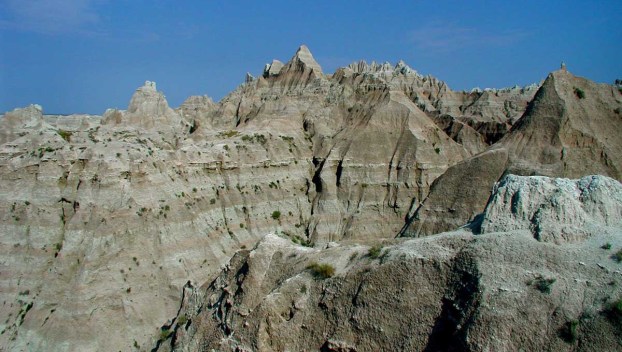
Cnhi Network
Parks funding in tough terrain
Planning is underway for Palo Pinto Mountains State Park, 80 miles west of Fort Worth, but lawmakers left ... Read more

Planning is underway for Palo Pinto Mountains State Park, 80 miles west of Fort Worth, but lawmakers left ... Read more